SC Says Divorce Cannot Be Denied Solely Due to Social Pressure
- ByAdmin --
- 25 Apr 2025 --
- 0 Comments
In a landmark judgment, the Supreme Court of India ruled that a divorce cannot be denied merely due to social pressure or societal expectations. The Court emphasized that the right to live with dignity and the right to personal autonomy are paramount, and a marriage should not be forced to continue in the face of irreconcilable differences. The ruling aims to protect individuals from social and familial coercion, affirming that mental well-being and personal happiness should take precedence over external social influences.
Background of the Case
The case arose when a petition for divorce was filed under Section 13 of the Hindu Marriage Act, 1955 by a woman seeking dissolution of her marriage. She claimed that her marriage had broken down irreparably, and she was facing immense social pressure from her family and community to stay married. Despite the irretrievable breakdown of the relationship, the lower courts had ruled in favor of maintaining the marriage, citing social pressures and societal norms that discourage divorce.
The Supreme Court took up the case, recognizing the potential harm caused by social pressure and the importance of upholding individual rights. The judgment marked a significant moment in Indian family law, as it emphasized freedom of choice in matters of marriage and divorce.
Key Aspects of the Ruling
- Right to Live with Dignity:
- The Supreme Court held that every individual has the right to live with dignity, as guaranteed by Article 21 of the Indian Constitution. This includes the right to end an unhappy or abusive marriage, as continuing such a marriage under social pressure can undermine one's dignity.
- The Court recognized that forced marriages or the perpetuation of unhappy marriages due to societal norms can lead to emotional distress, affecting mental health and well-being.
- The Supreme Court held that every individual has the right to live with dignity, as guaranteed by Article 21 of the Indian Constitution. This includes the right to end an unhappy or abusive marriage, as continuing such a marriage under social pressure can undermine one's dignity.
- Irretrievable Breakdown of Marriage:
- The Court acknowledged the legal principle of irretrievable breakdown of marriage as grounds for divorce, even though this ground is not explicitly mentioned in the Hindu Marriage Act, 1955. The judgment underscored that irreconcilable differences should be a valid reason for divorce, and societal pressure should not force individuals to stay in a marriage that no longer serves its intended purpose.
- The Court acknowledged the legal principle of irretrievable breakdown of marriage as grounds for divorce, even though this ground is not explicitly mentioned in the Hindu Marriage Act, 1955. The judgment underscored that irreconcilable differences should be a valid reason for divorce, and societal pressure should not force individuals to stay in a marriage that no longer serves its intended purpose.
- Personal Autonomy:
- The judgment reinforced the concept of personal autonomy in marital relationships. The Court emphasized that an individual’s choice to seek a divorce, especially when both partners are unwilling to continue the relationship, cannot be overruled by societal pressures or expectations.
- The freedom of choice in marriage and divorce was affirmed, with the Court noting that individuals should be allowed to make decisions regarding their lives and relationships without fear of social repercussions.
- The judgment reinforced the concept of personal autonomy in marital relationships. The Court emphasized that an individual’s choice to seek a divorce, especially when both partners are unwilling to continue the relationship, cannot be overruled by societal pressures or expectations.
- Protection from Social Stigma:
- The Court addressed the issue of social stigma attached to divorce in Indian society, particularly for women. The ruling acknowledged that individuals, especially women, often face intense social and familial pressure to remain married, even if the relationship is harmful to their mental and emotional health.
- The Court emphasized the importance of protecting individuals from such stigma and ensuring that they are not coerced into staying in a marriage solely for social acceptance.
- The Court addressed the issue of social stigma attached to divorce in Indian society, particularly for women. The ruling acknowledged that individuals, especially women, often face intense social and familial pressure to remain married, even if the relationship is harmful to their mental and emotional health.
Legal Implications and Precedents
- Article 21 of the Constitution:
- The judgment highlights the fundamental right to life and personal liberty under Article 21 of the Constitution, which guarantees the right to live with dignity. The Court’s ruling affirms that this right extends to personal decisions, including the decision to end a marriage that no longer fosters personal well-being.
- The judgment highlights the fundamental right to life and personal liberty under Article 21 of the Constitution, which guarantees the right to live with dignity. The Court’s ruling affirms that this right extends to personal decisions, including the decision to end a marriage that no longer fosters personal well-being.
- Hindu Marriage Act, 1955:
- Although the Hindu Marriage Act does not explicitly provide for irretrievable breakdown of marriage as a ground for divorce, the Court’s decision signals a potential shift in the interpretation of marriage laws. The ruling supports the need for reforms in family law to incorporate the irretrievable breakdown of marriage as a recognized ground for divorce.
- Although the Hindu Marriage Act does not explicitly provide for irretrievable breakdown of marriage as a ground for divorce, the Court’s decision signals a potential shift in the interpretation of marriage laws. The ruling supports the need for reforms in family law to incorporate the irretrievable breakdown of marriage as a recognized ground for divorce.
- Family Law Reforms:
- The judgment may pave the way for future reforms in Indian family law. The Court’s recognition of social pressure as a valid concern suggests that the legal framework surrounding divorce may evolve to reflect the realities of modern relationships and the importance of individual autonomy.
- The judgment may pave the way for future reforms in Indian family law. The Court’s recognition of social pressure as a valid concern suggests that the legal framework surrounding divorce may evolve to reflect the realities of modern relationships and the importance of individual autonomy.
- Protection of Women’s Rights:
- This decision is particularly significant in the context of women’s rights in India, where divorce can often carry a heavy social burden for women, leading to economic dependence and stigma. The Court’s ruling is seen as a step toward empowering women by recognizing their right to live freely, without being bound by outdated social norms.
Challenges and Considerations
- Cultural Resistance:
- Despite the progressive nature of the ruling, there may be resistance from conservative sections of society that still uphold traditional views on marriage and divorce. Cultural and familial norms continue to exert significant influence over marital decisions, and overcoming these pressures may require further efforts in terms of education and awareness.
- Despite the progressive nature of the ruling, there may be resistance from conservative sections of society that still uphold traditional views on marriage and divorce. Cultural and familial norms continue to exert significant influence over marital decisions, and overcoming these pressures may require further efforts in terms of education and awareness.
- Implementation of the Judgment:
- The challenge now lies in ensuring the effective implementation of the judgment, particularly in rural areas and communities where divorce is still viewed as taboo. Legal awareness campaigns and sensitization of law enforcement agencies and family courts may be necessary to ensure that individuals are protected from undue societal pressure.
Conclusion
The Supreme Court’s ruling that divorce cannot be denied solely due to social pressure is a significant victory for individual rights and personal autonomy. By affirming the right to live with dignity and the importance of emotional well-being, the Court has paved the way for more equitable and progressive family laws in India. While the ruling addresses the psychological impact of social coercion, it also challenges the societal norms that continue to bind individuals in unhappy marriages. This decision may lead to broader reforms in Indian family law and provide the foundation for a more inclusive legal framework that prioritizes personal happiness over outdated traditions.





































































































































































































































































































































































































































































































































































































































































































































































































































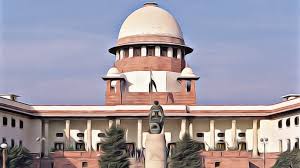

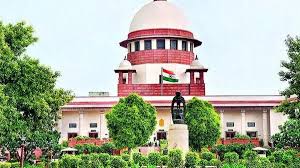









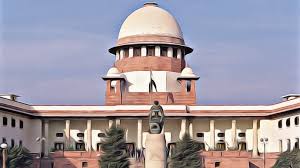




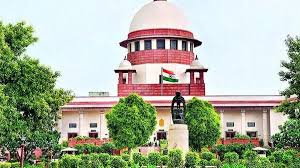




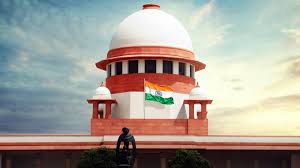



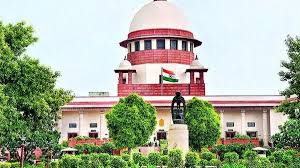

















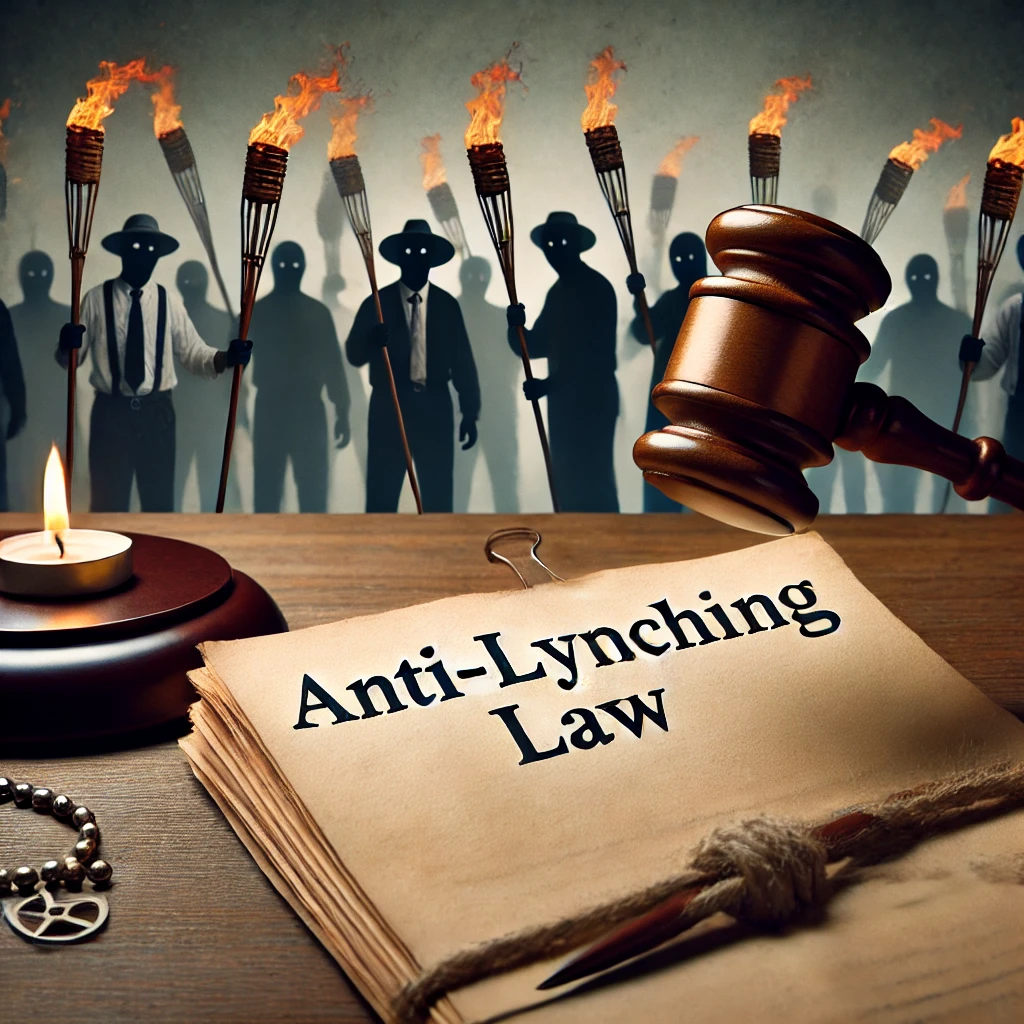
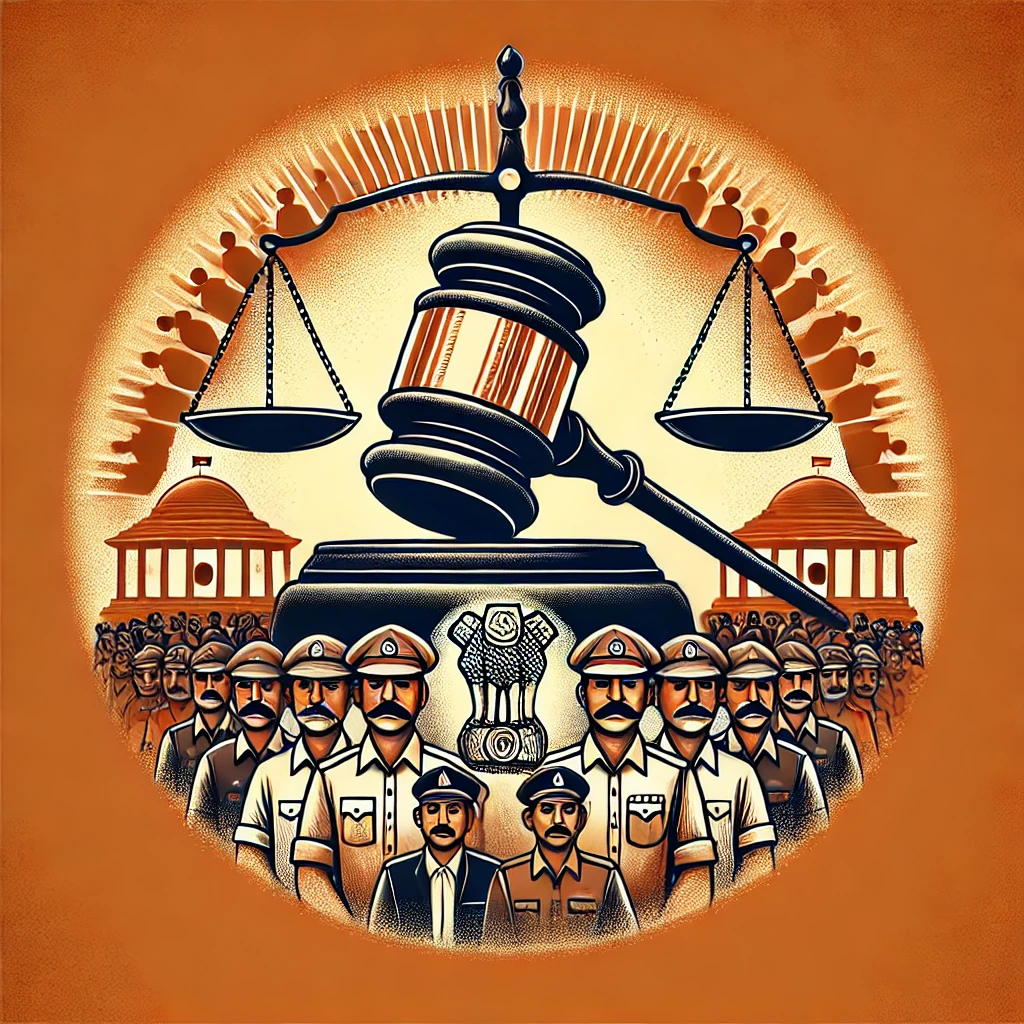


















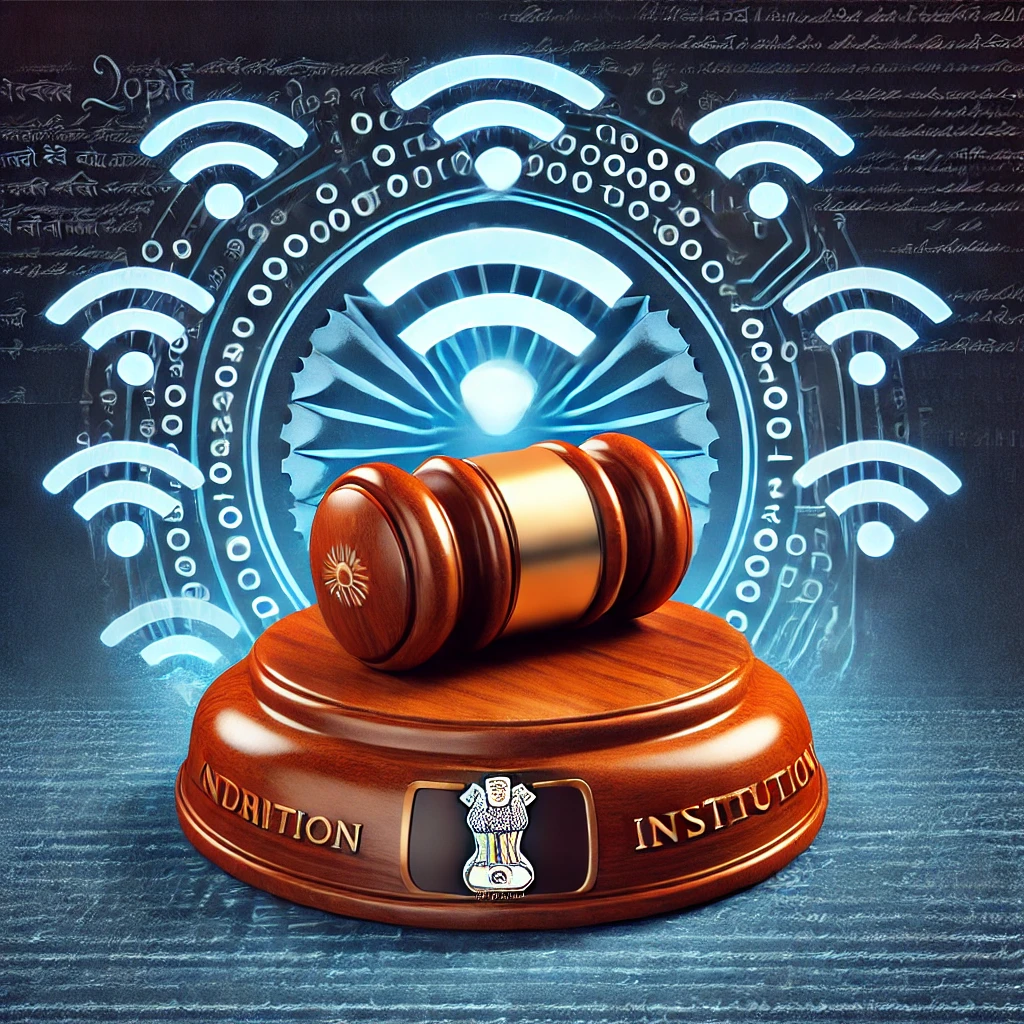


























0 comments